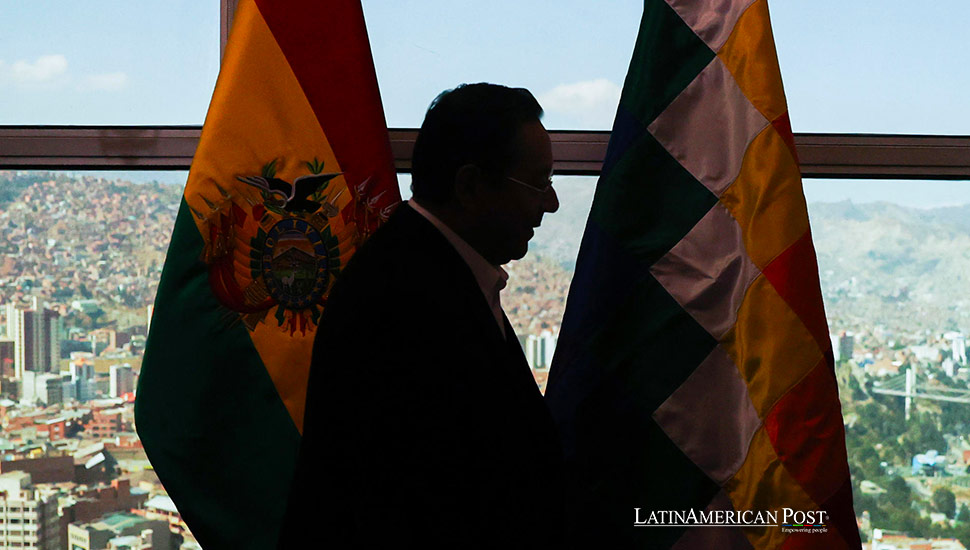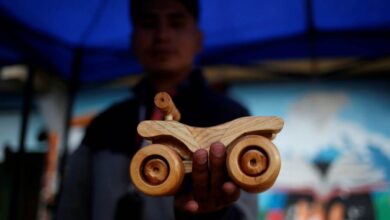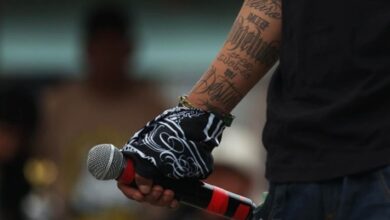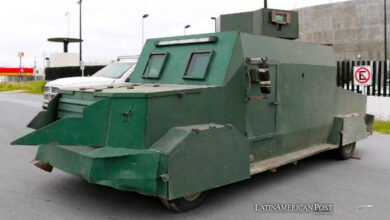Bolivia Investigates Attempted Coup Involving Military and Civilians

Bolivia’s Prosecutor’s Office has formed a special commission to investigate over 30 military and civilian individuals allegedly involved in the attempted coup against President Luis Arce on June 26.
In a decisive move to uphold Bolivia’s democracy, the Prosecutor’s Office has established a special commission to probe into the alleged attempted coup against President Luis Arce’s government. The events of June 26 have sent shockwaves through the nation, prompting a thorough investigation into more than 30 military and civilian suspects. Headed by Franklin Alborta, this investigative body comprises four dedicated prosecutors tasked with untangling the complex web of armed uprising and terrorism that threatened Bolivia’s stability.
During a press conference in La Paz, Alborta emphasized the gravity of the situation, noting that the investigation’s preliminary findings have already formally implicated over 30 individuals. This revelation underscores the extensive nature of the attempted coup, which has left the country grappling with questions about the plot’s origins and the extent of involvement across various sectors.
Arrests and Immediate Actions
The Bolivian police acted swiftly, detaining several critical figures linked to the attempted coup. Among them is Vladimir Lupa Salamanca, the commander of the F10 unit in Cotapachi, Cochabamba. Identified as a sniper, Lupa’s arrest underscores the seriousness of the charges, as he faces allegations of armed uprising and terrorism. His transfer to La Paz for interrogation marks a significant step in the investigation.
Bolivia’s Vice Minister of Interior, Jhonny Aguilera, confirmed Lupa’s arrest to EFE, highlighting the coordinated efforts to bring those involved to justice. The police also raided two military units in Cochabamba, seizing computers and documents expected to serve as crucial evidence. These actions reflect the authorities’ commitment to uncovering the full extent of the conspiracy and preventing future threats to the country’s democratic order.
The Aftermath of the Attempted Coup
The June 26 incident saw dramatic scenes unfold as military forces, led by former General Commander Juan José Zuñiga, attempted to overthrow the government. Zuñiga, who led the military takeover with the intent of “changing the government cabinet” and “restoring democracy,” was quickly confronted by President Arce. In a tense face-off at the presidential palace, Arce ordered Zuñiga to withdraw his troops, leading to the eventual capture of Zuñiga and several other military personnel.
Zuñiga, along with two other former military chiefs, has been placed in preventive detention. This move aims to secure the investigation’s integrity while ensuring that those responsible face accountability. The Prosecutor’s Office has also imposed preventive measures on other suspects, with seven military officers placed in preventive detention and eleven under house arrest.
Civilian Involvement and Broader Implications
The investigation has revealed that the plot to overthrow the government was not limited to military personnel. Several civilians are also under scrutiny, with the Prosecutor’s Office planning to summon them for questioning. This broadens the scope of the inquiry, highlighting the potential civilian support for the attempted coup and raising concerns about underlying political dynamics within Bolivia.
Alborta has stated that much information is being processed and analyzed to build a comprehensive case against all involved. The goal is to piece together a detailed account of the events leading up to and during the attempted coup, ensuring that justice is served and similar threats are mitigated in the future.
The attempted coup in Bolivia resonates deeply within the broader Latin American context, where several countries have faced challenges to their democratic institutions in recent years. The region has seen a resurgence of political instability, with various factions attempting to seize power through undemocratic means. Bolivia’s swift response to the June 26 events underscores the importance of maintaining vigilance and upholding democratic principles in the face of such threats.
As Bolivia moves forward, the focus remains on ensuring a transparent and thorough investigation. The Prosecutor’s Office’s efforts to engage with local communities and provide updates on the case are crucial in fostering public trust and demonstrating a commitment to justice. These actions address the immediate crisis and set a precedent for handling future challenges to Bolivia’s democracy.
Upholding Democracy in Turbulent Times
The investigation into the attempted coup against President Luis Arce’s government marks a pivotal moment for Bolivia. The country’s resolve to pursue justice and maintain democratic integrity is evident in the comprehensive actions taken by the Prosecutor’s Office and law enforcement agencies. By holding those responsible accountable, Bolivia sends a clear message that attempts to undermine its democracy will not be tolerated.
Also read: Bolivia Summons Argentine Ambassador Over Coup Allegations Dispute
As the investigation progresses, the international community must support Bolivia’s efforts to strengthen its democratic institutions. The lessons learned from this incident can guide other nations facing similar threats, emphasizing the importance of vigilance, transparency, and adherence to the rule of law. In these turbulent times, Bolivia’s determination to uphold democracy is a beacon of resilience and hope for the region.





